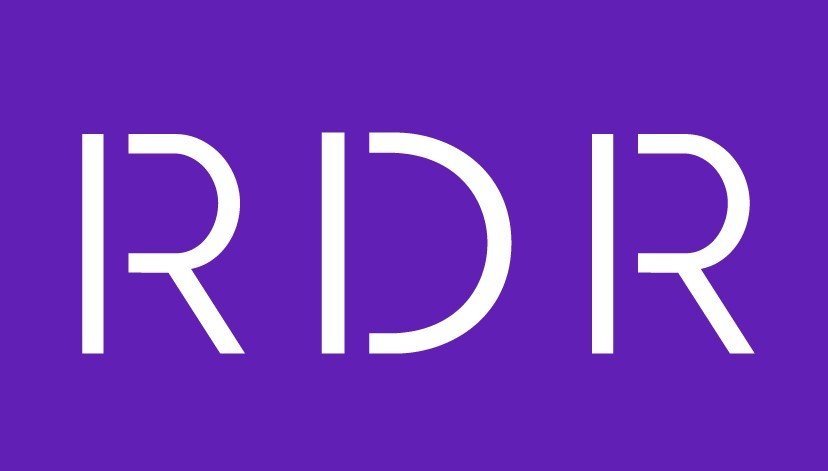Primary Mitochondrial Myopathy
Primary mitochondrial disease is a group of disorders caused by mutations in mitochondrial or nuclear DNA, affecting the mitochondria's ability to produce energy. The severity varies; some people live normal lives with early intervention, while others may have significant disabilities or a shortened life expectancy.
Cause: Mutations in mitochondrial DNA (mtDNA) or nuclear DNA that impair mitochondrial function, inherited maternally or through both parents.
Features: Can affect multiple systems, causing muscle weakness, neurological issues (seizures, developmental delays), vision and hearing loss, heart problems, and endocrine disorders (e.g., diabetes).
Diagnosis: Based on symptoms, genetic testing, and muscle biopsy.
Treatment: No cure, but management includes vitamin supplements, coenzyme Q10, carnitine, and medications for specific symptoms.
Active Trials
-
TITLE: An interventional, randomised, double-blind, parallel-group, placebo-controlled, flexible-dose, adaptive study of the efficacy of KL1333 in adult patients with primary mitochondrial disease
SPONSOR: Abliva AB
INDICATION: Primary Mitochondrial Disease
PROTOCOL: KL1333 2020-104A (Falcon)
PHASE: 2
DESCRIPTION: The FALCON study is investigating whether the study medicine, KL1333, improves fatigue levels and physical abilities of people living with mitochondrial disease. The investigators are also evaluating the tolerability of the study medicine. For this study, the effects of KL1333 are compared with those from a placebo (a pill that looks like the study medicine but contains no active medicine). The study medicine (or placebo) is a tablet that is taken twice daily during the treatment period of 48 weeks.
Participation in the FALCON study is divided into 3 parts:
Screening and baseline: 8-12 weeks
Treatment: 48 weeks
Safety follow-up: 5 weeks Total duration: 61 - 65 weeks
Patients who complete the screening phase and are enrolled in the study are randomly assigned to receive either the study medicine (KL1333) or placebo (no active medication). Patients are more likely to receive the study medication than placebo (for every five people who take part, three receive KL1333 and two receive placebo). Neither the participants nor the study team know who is receiving the study medicine or placebo and participants are not able to change which treatment they are assigned.
STATUS: Active
RECRUITING PATIENTS: Yes
RDR LOCATION: Georgia
Past Trials
-
TITLE: A Phase 3 Randomized, Double-Blind, Parallel-Group, Placebo-Controlled Trial to Evaluate the Efficacy and Safety of Daily Subcutaneous Injections of Elamipretide in Subjects with Primary Mitochondrial Disease Resulting from Pathogenic Nuclear DNA Mutations (nPMD)
SPONSOR: Stealth BioTherapeutics Inc.
INDICATION: Mitochondrial Myopathies
PROTOCOL: SPIMD-301
PHASE: 3
DESCRIPTION: This 48-week randomized, double-blind, parallel-group, placebo-controlled trial will enroll approximately 130 subjects, consisting of 90 subjects who have nPMD associated with pathogenic mutations of the mitochondrial replisome("replisome-related mutations") for primary analysis and an additional subset of up to 40 subjects who have nPMD associated with other non-replisome-related pathogenic mutations specific to the nuclear DNA. Efficacy and safety of single daily SC doses of elamipretide administered as a treatment for subjects who have primary mitochondrial myopathy associated with nPMD will be determined. Subjects will be randomized 1:1 to 60mg Elamipretide or matching placebo groups.
STATUS: Completed
RECRUITING PATIENTS: No
RDR LOCATION: Georgia

